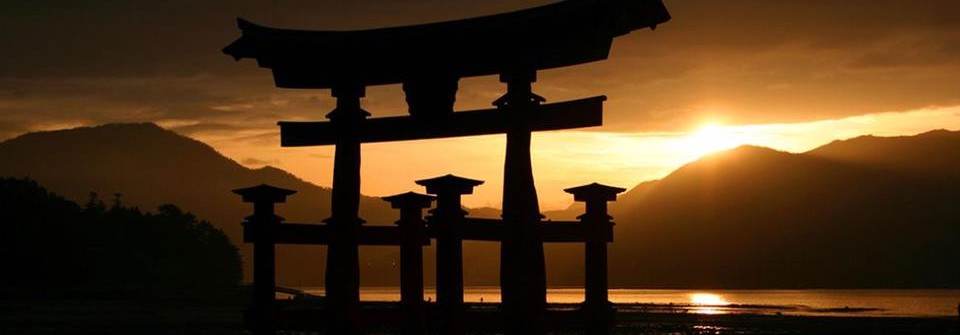‘kamikaze’ was closely linked to Japanese fighter pilots during World War II; however, the origin of ‘kamikaze’ is far different from what has been accepted in present-day society.
the literal translation of ‘kamikaze’-‘かみかぜ'(hiragana)-‘神風'(kanji) is:
‘kami’-‘かみ’-‘神’ = God/divine
‘kaze’-‘かぜ’-‘風’ = wind
collectively as: ‘divine wind’ or ‘God of the wind’
‘kamikaze’ originated during the Kamakura Period in Japan during the Mongolian Invasions in the mid late 1200’s CE. The Mongols conquered China most notably by Genghis Khan’s grandson, Kubilai Khan, during the mid 1200’s and renamed China’s Song Dynasty to the Yuan Dynasty. Kubilai’s aim to conquer all of Asia led the Mongol troops in all directions. In 1266, Kubilai sent his first message to Japan, demanding submission. Japan refused. Then in 1274, 30,000 Mongol troops were dispatched to Japan. The battle began and ended quickly, as a great storm washed the Mongols into defeat. A second conquest took place in 1281, but with 140,000 Mongol warriors this time. Again, after about seven weeks of fighting, the Mongols were defeated because of another great storm. More than 70,000 Mongols lost their life from the storm. The Mongols were great fighters but were specialized in land combat. Furthermore, the long travel in ships would have resulted in sea sickness and other illnesses that the Mongols were not accustomed to. Kubilai planned a third invasion to conquer Japan, but was never completed because of his death in 1294.
The storm interventions and defeating the mighty Mongols boosted the morale of Japan. The blessings of the ‘divine wind’ protected their lands. The word ‘kamikaze’ itself was used previously, but after their win against the Mongols, it became concretely linked and a mainstay in society.
As time moves on, especially during radical and extreme periods, words from the past can resurface and be given a new identification to inspire society. I believe ‘kamikaze’ took a negative turn in our present culture when in fact, the origins differed greatly. Language, both spoken and written, is alive and breathes life into the world, shaping and changing us everyday. The fluidity and the understanding of all cultures and languages must be considered to break such assumptions and stereotypes.
Source: “A Brief History of Chinese and Japanese Civilizations” by Conrad Schirokauer, Miranda Brown, David Lurie and Suzanne Gay. Copyright: 2006, 3rd Edition, by Houghton Mifflin Harcourt Publishing Company
